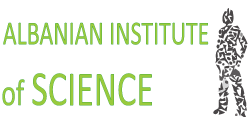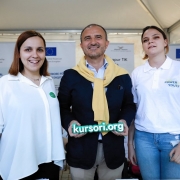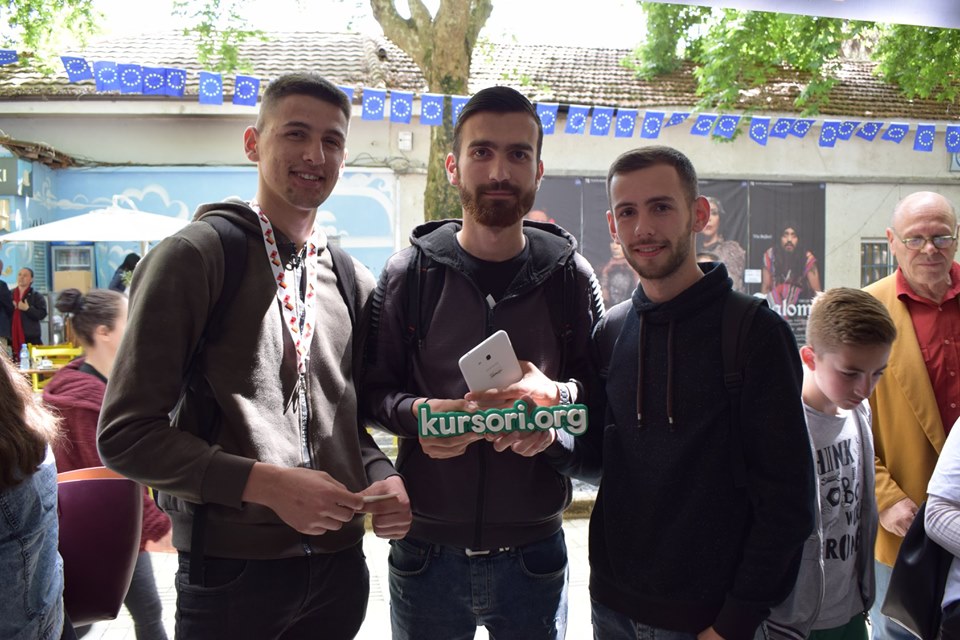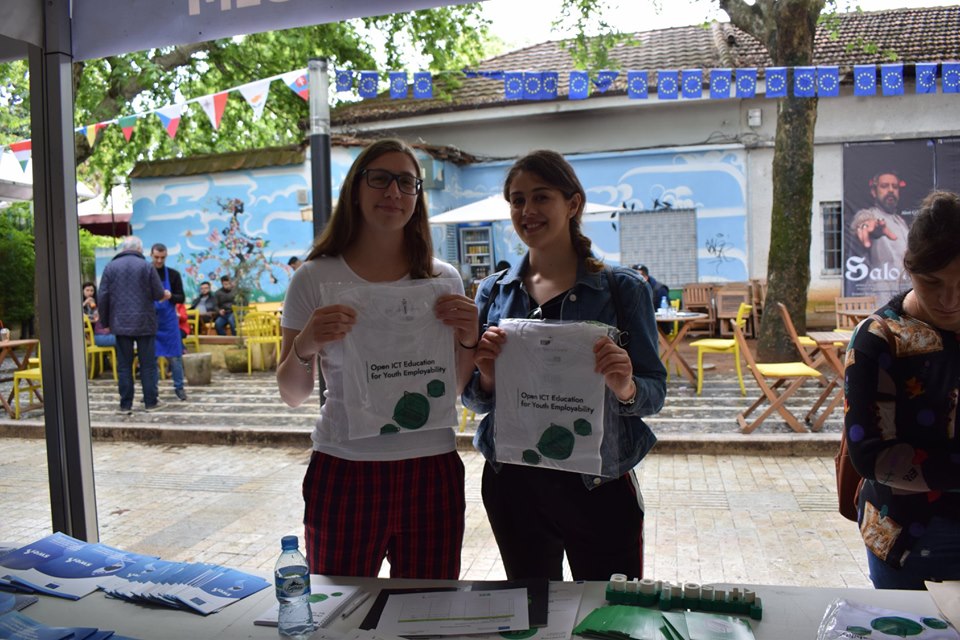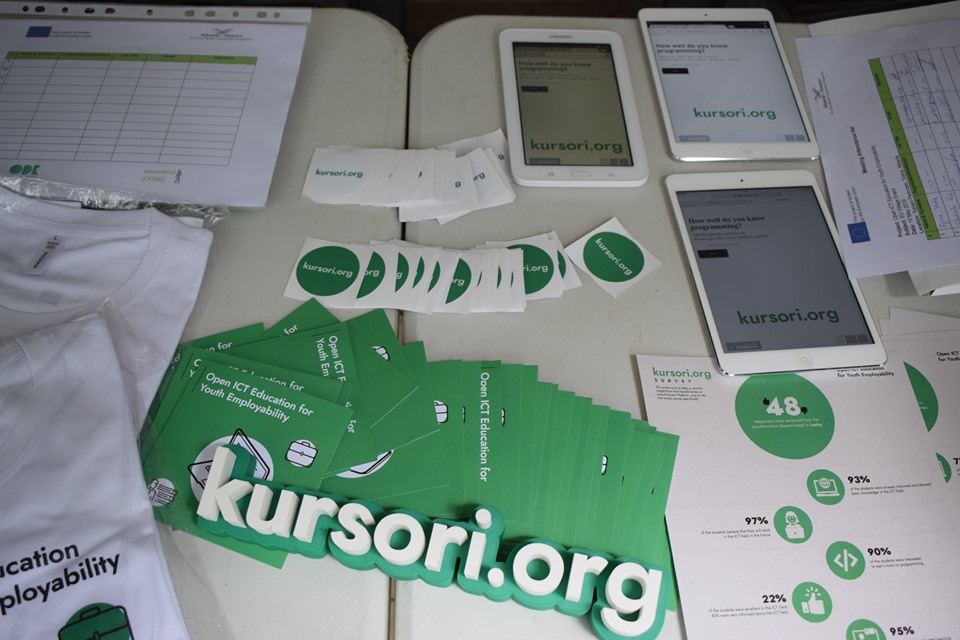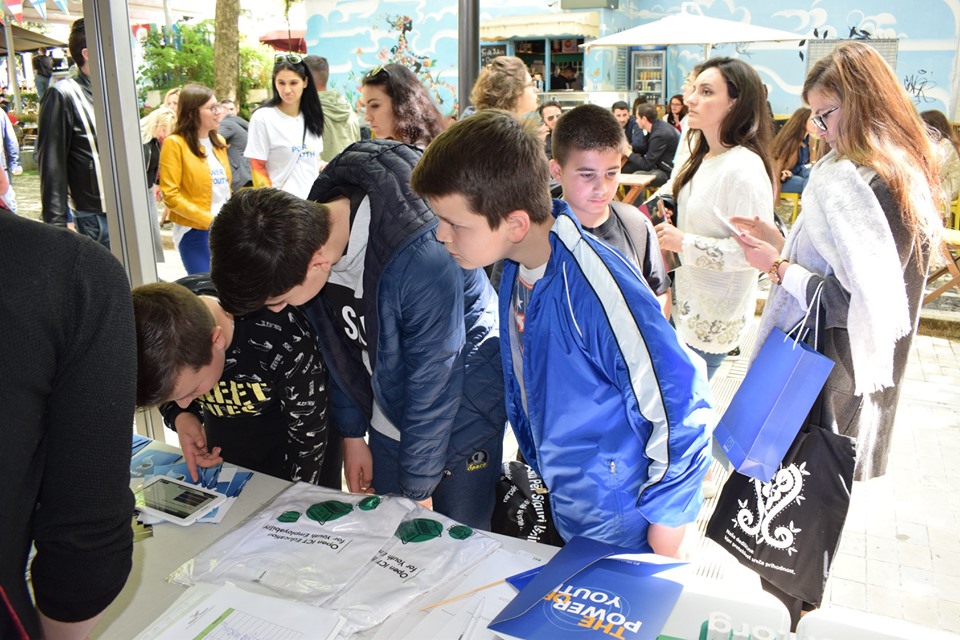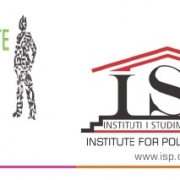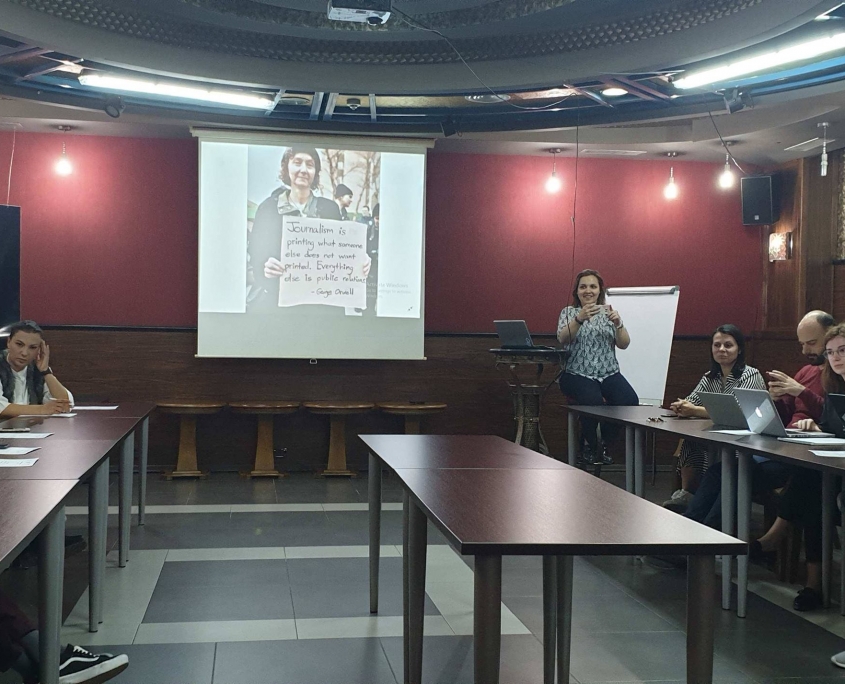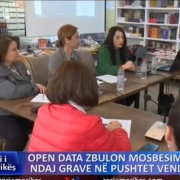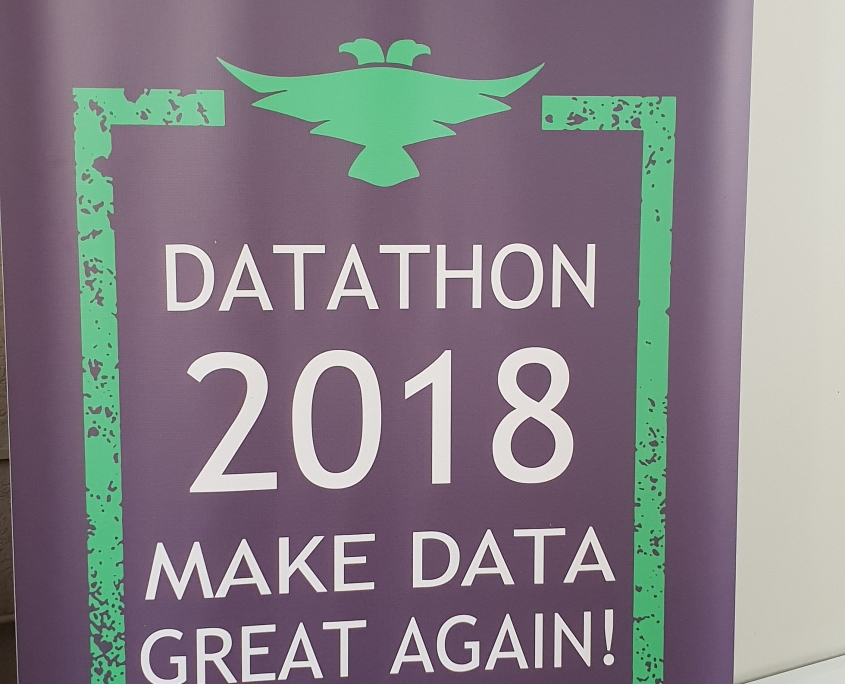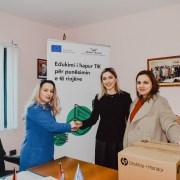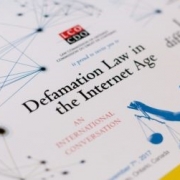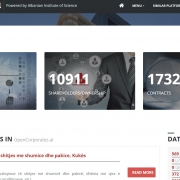Ne sot jemi dëshmitarë të:
- grindjeve mes aktorëve politikë sa herë që vendi ndodhet përballë vendimeve të rëndësishme,
- një polarizimi gjithmonë e më të madh mes qëndrimeve të partive politike,
- një tendence të konsoliduar për t’i zgjidhur këto konflikte politike përmes pazaresh mes kryetarëve të partive,
- dëmit të madh publik që konfliktet e vazhdueshme politike kanë shkaktuar duke penguar funksionimin normal të institucioneve shtetërore,
- akuzave për bashkëpunimin e krimit të organizuar me politikën të hedhura nga aktorët kryesorë politike të vendit,
- një tendence në rritje të dëshirës për të emigruar jashtë vendit, veçanërisht mes të rinjve,
- pengesave që grindjet ndërmjet aktorëve politikë krijojnë për ecurinë e reformave të ndërmarra në vend dhe për vendim pozitiv te Këshillit Evropian për hapjen e negociatave për anëtarësimin në BE
- një krize në rritje të përfaqësimit politik e cila manifestohet në shkëputjen e dukshme të politikanëve shqiptarë nga shqetësimet e qytetarëve që ata përfaqësojnë
Nderkohë, shoqëria shqiptare dhe elementë të caktuar të jetës politike po përpiqen të ripërcaktojnë marrëdhëniet e qytetarit me politikën, dhe të reagojnë ndaj saj. Organizata nga shoqëria civile, lëvizje qytetare, akademikë dhe ekspertë të ndryshëm kanë hapur një debat të gjerë mbi nevojën e ndryshimit të sistemit. Nisma të reja, peticione, lëvizje rinore dhe aksione të tjera të vazhdueshme qytetare me qasje nga poshtë-lart po i mobilizojnë qytetarët për një ndryshim rrënjësor të sistemit aktual politik. Ky debat po zhvillohet dhe në parlament, në media e më gjerë.
Megjithatë, jemi të ndërgjegjshëm që kjo dinamikë pozitive mund të humbasë mes vendimeve të pjesshme, marrëveshjeve politike të marra në mënyrë jo transparente apo vendimeve të bazuara në informata të pasakta dhe në keqinformim.
Komponentët e krizës
Ne besojmë se në kushtet aktuale është jetike që çdo përpjekje për ndryshim të adresojë rrënjët e problemit, të jetë e qëndrueshme, dhe në sinkron me rrugën e vendit drejt BE-së. Si pasojë, çdo ndryshim i tillë duhet të prekë:
- Reformën zgjedhore, duke përfshirë miratimin e një sistemi zgjedhor që garanton përfaqësim sa më të mirë dhe qeverisje të qëndrueshme, si dhe të kontribuojë në forcimin e demokracisë brenda partive politike,
- Forcimin e angazhimit të qytetarëve shqiptarë në vendimmarrjen e politikave përmes rishikimit të kuadrit ligjor për peticionet, referendumet dhe nismat ligjore,
- Forcimin e integritetit të institucioneve shtetërore, të fokusuar tek mirëqeverisja e tyre dhe lufta kundër krimit të “jakave të bardha”.
Në kushtet aktuale, sfida kryesore për një demokraci funksionale në Shqipëri është funksionimi i duhur i mekanizmit të përfaqësimit politik. Sot përfaqësimi politik ushtrohet nëpërmjet një sistemi zgjedhor, i cili nuk nxit demokracinë brendapartiake. Ndërkohë partitë e sotme politike janë ato që kontrollojnë pushtetin dhe aktorët kryesorë të vendimmarrjes politike. Si të tilla, ato janë të prirura të identifikohen me pushtetin shtetëror.
Cfarëdolloj reforme e sistemit zgjedhor nuk mund të jetë e plotë pa reformuar sistemit e funksionimit të partive politike, dhe vendosjen e demokracisë brenda-partiake. Reforma e përfaqësimit demokratik nis me reformimin e funksionimit të partive politike dhe të konkurrencës mes tyre.
Neni 9 i Kushtetutës shqiptare përkufizon qartë se si duhet të funksionojnë partitë politike, por aktet ligjore të nevojshme duhet të kompletohen, përmirësohen dhe të zbatohen. Çdo ndërhyrje duhet të bazohet në Kushtetute dhe të fokusohet tek:
- organizimi dhe funksionimi demokratik i partive politike;
- ndërveprimi i partive politike me rendin kushtetues dhe me shtetin;
- detyrimi për transparencë të përhershme financiare të partive politike.
Rruga drejt zgjidhjes
- i) Si pasojë e shohim të nevojshme hartimin e një ligji të ri tërësor që rregullon funksionimin e partive politike dhe që mes të tjerash:
- siguron zbatimin e demokracisë të brendshme funksionale, duke përfshirë edhe procedurën e vendimmarrjes;
- siguron konkurrim të brendshëm të shëndetshëm bazuar tek vlerat dhe meritokracia;
- krijon një mekanizëm të zgjedhjeve që nxit garën e brendshme; krijon kushte për transparencë më të madhe në hartimin dhe zbatimin e rregullave të brendshme të partive; dhe bën të detyrueshëm publikimin e regjistrit të anëtarëve të partisë.
- ii) Lidhur me ndërveprimin e partive politike me institucionet e shtetit, shohim nevojën për vendosjen e mekanizmave të duhur që kufizojnë përdorimin e pushtetin politik nga partitë politike si mjet për të kontrolluar institucionet e shtetit për interesa afatshkurtra të partive, ndërkohë që në afatgjatë dëmtojnë interesat shtetërore. Këto mekanizma duhet:
- të sigurojnë që strukturat dhe procesi i administrimit të zgjedhjeve të mbeten të depolitizuara,
- të kufizojë dhe shpjerë drejt minimizimit absolut të ndikimit të partive politike mbi administratën publike dhe politikat publike,
- të forcojë institucionet kushtetuese dhe jo drejtuesit e partive,
- të lejojë zbatimin efiçent, monitorimin dhe transparencën e mekanizmave kushtetues të kontrollit.
iii) Në lidhje me detyrimin për transparencë të përhershme financiare të partive politike, duhet të krijohet mundësia për zbatimin e përkufizimit kushtetues të “transparencës së përhershme”, duke mos lejuar asnjë akt ligjor, nënligjor apo procedurë t’i shmanget këtij parimi kushtetues.
Ky qëllim të arrihet përmes ndryshimeve ligjore, të plotësuar me mekanizmat e verifikimit, kontrollit gjatë fazës së zbatimit, të cilat:
- Ndajnë qartë burimet shtetërore nga fushatat zgjedhore;
- Lejojnë hetimin e thellë të financimeve informale dhe / apo jozyrtare të partive politike.
Tiranë më 8 Maj 2019
Shkarko deklaratën në PDF Deklarate e aktorëve të shoqërisë civile shqiptare mbi krizën politike
